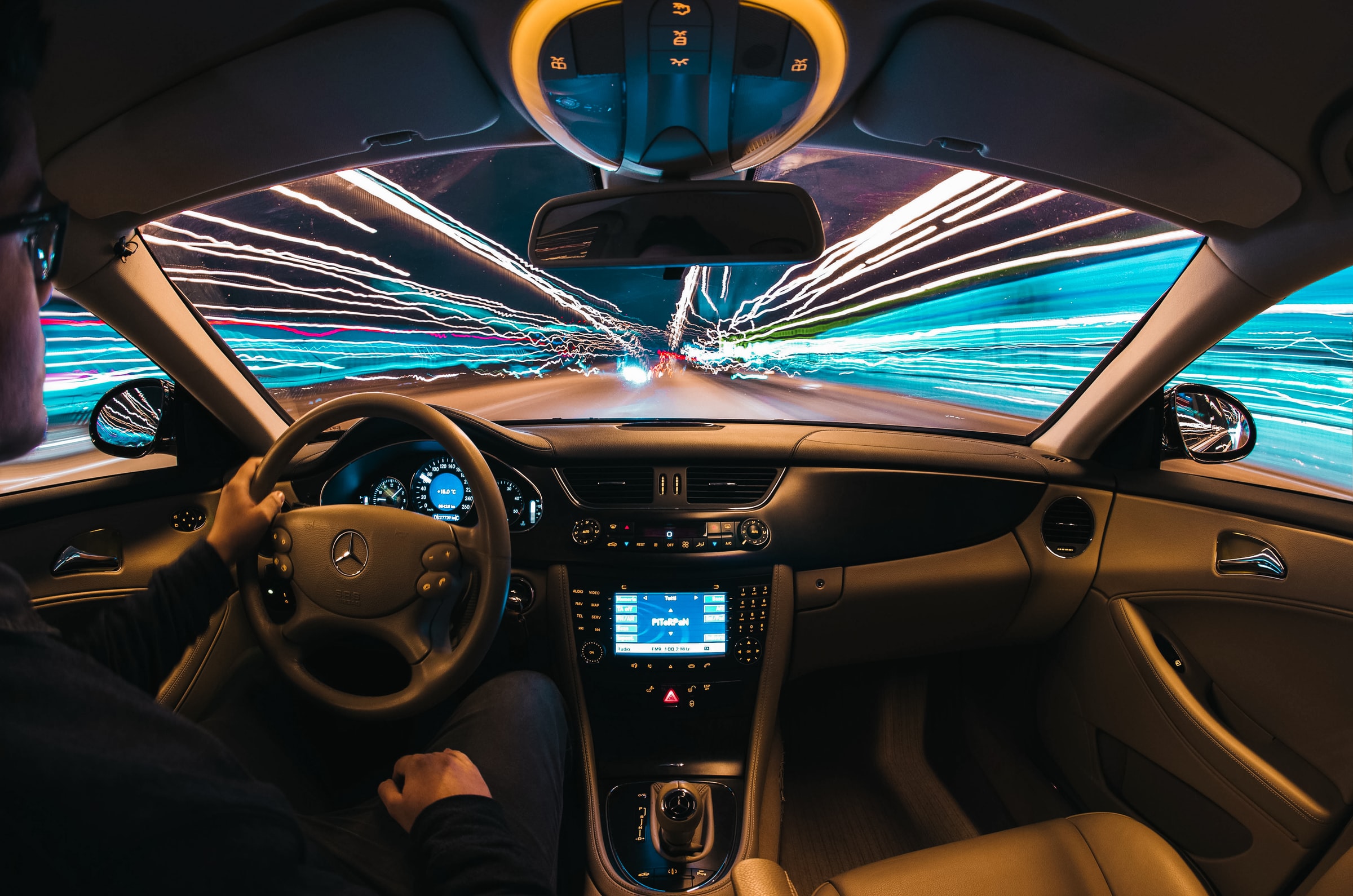New City Built to Test Driverless Car Technology
August 11, 2015 - 2 minutes read
For a few years now, the tech industry has been abuzz with developments surrounding driverless car technologies. Touted as the transportation solution of the future, driverless cars will be remotely controlled by servers. Automatically able to sense traffic congestion, hazards, weather conditions and a complete range of other factors, driverless cars are being touted as a far safer and more reliable option than having people behind the wheel at a time when there are more cars on the road than ever before.
However, it has not proven easy to test driverless car technologies in existing municipalities, given the practical challenges involved. Researchers at the University of Michigan have found a solution: they’ve built a 32-acre simulated city-like environment at an on-campus facility. The simulation features just about everything one would expect to find in a real city: suburbs, a city center, storefront facades, traffic lights, stop signs, and a multi-lane freeway with entry and exit ramps…the only thing missing is people.
The research team will use the facility to test driverless car technologies in a totally safe, risk-free and completely controlled environment. The hope is that the study will generate the insights needed to move driverless car technologies closer to the real world.
New York City mobile app developers and software professionals throughout the country will be watching closely to see how the project unfolds. Driverless cars hold the potential to revolutionize the transportation industry and generate a wealth of new opportunities for tech professionals in the years ahead.
With current iPhone app development trends highlighting the need for new technological platforms to emerge, driverless cars and the Internet of Things seem poised to breathe new life into the mobile software industry.
Tags: auto industry disruption, car safety, car technology, city center, city planning, college campus, connected city, driverless car, gis, Google, iot city, mobile software industry, mobility, multi-lane freeway, on-campus facility, prototype city, research car, software professionals, stop signs, storefront facades, test driverless car, traffic lights, transportation, transportation industry








